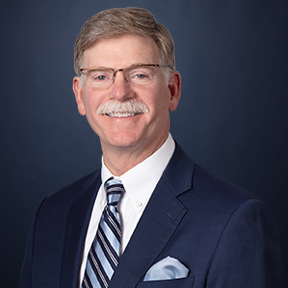Overtime Update — U.S. Department of Labor’s New Mandatory Overtime Pay Rule Effective January 1
This is a reminder to our employment law clients that the U.S. Department of Labor implemented a new mandatory overtime pay rule effective January 1, 2020. Before then, an employee had to receive an annual salary of at least $23,660 (and perform in an “exempt” position) to be considered exempt from the overtime rule of time and one half the regular rate for all hours worked over 40 in a workweek. Effective now, the minimum salary was raised to $35,568. Therefore, if an employee receives an annual salary of less than $35,568, the employee is entitled to overtime compensation of time and one half the regular hourly rate for all hours worked over 40 in a workweek, even though the employee is performing work in a position that would otherwise be considered exempt.
If you have any questions about the new salary rule, what it takes to be considered exempt from overtime, or any other questions about the wage and hour laws, please contact RBE partner, Don Smith.

Author Donald S. Smith
Don Smith limits his practice to representing employers and executives in labor and employment matters. He defends employers in cases pending before state and federal courts, the National Labor Relations Board, Equal Employment Opportunity Commission, Indiana Civil Rights Commission, U. S. Dept. of Labor, OSHA, IOSHA, Indiana Dept. of Workforce Development, and Indiana Worker’s Compensation Board. Don advises employers concerning various employment issues such as employee handbooks, employment agreements, severance agreements, covenants not to compete, restrictive covenants, wrongful termination, collective bargaining, labor arbitration, unions, discrimination, harassment, wage and hour matters, unemployment compensation and worker’s compensation.
© Riley Bennett Egloff LLP
Disclaimer: Article is made available for educational purposes only and is not intended as legal advice. If you have questions about any matters in this article, please contact the author directly.
Permissions: You are permitted to reproduce this material itn any format, provided that you do not alter the content in any way and do not charge a fee beyond the cost of reproduction. Please include the following statement on any distributed copy: “By Donald S. Smith© Riley Bennett Egloff LLP – Indianapolis, Indiana. www.rbelaw.com”
Posted on January 3, 2020 by Donald S. Smith
